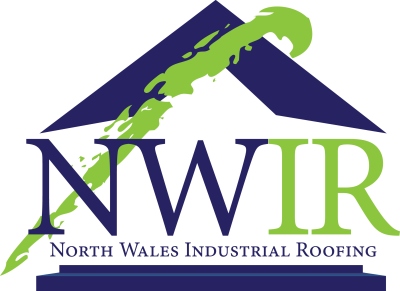All you need to know about roof condensation
Let’s be honest, no one wants a damaged roof. Especially in the winter months when conditions outside can be harsh, a roof that’s not up to scratch can lead to damaged property and uncomfortable living.
Roof condensation is something that mostly happens in the winter, due to the intense clash of cold and warm air. With warm air rising and the roof being the highest surface of your home, it’s unsurprising why many people suffer from roof damage as a result of condensation in the winter months.
Having a professional team on hand, like the ones from NWIR, can prove to be a huge aid in preventing large scale damage that could prove costly!
How do you know if it’s roof condensation?
As condensation is more likely to occur in warm air, it may be more noticeable in the winter time when you’re utilising your central heating or having a hot shower. Condensation happens when warm air comes into contact with a colder surface, releasing high amounts of moisture.
As the moisture turns into a liquid, it will soak into any materials that are nearby, causing them to weaken over time. This can of course, cause structural problems in the short and long-term if not dealt with quickly.
Any ceiling plaster or wood, for example, will deteriorate in condition should they encounter water damage. This could cause interior roofing problems that make your building unsafe.
If there’s a build-up of condensation present, you’ll notice a stained appearance. This is because the water vapour has emerged on the surface and caused a colouration of your material.
How can I avoid roof condensation?
There are several ways in which roof condensation can be dramatically reduced or even avoided altogether. It can be easy for water vapour to pass through your roof and cause roof condensation issues should it not be insulated properly. By installing membranes (otherwise called vapour barriers), you’re able to control the level of moisture that passes through your roof, causing damage. These can be installed without much disruption to your existing structures.
If you feel like you could benefit from these membranes or would like to know more about how they could work for you, get in touch with our experts as part of our commercial roofing services today and we’ll gladly offer our help.
You can also take steps to reduce moisture in your home in your day to day life. For example, when taking a shower, you should close your bathroom door to stop the moisture spreading and open a window so that it leaves outside.
It is also useful to keep lids on your saucepans when cooking in the kitchen to make sure that the steam generated doesn’t reach the roof of multiple rooms in the home.
How NWIR can help
Although temperatures will start to dip, it’s important to keep our homes well ventilated. By keeping windows open and “airing” the place out, you can eliminate moisture and reduce the chance of roof condensation. But if you appear to be suffering, our team can help. We can provide a roof moisture survey, inspecting the amount of roof condensation you’re experiencing. A professional commercial roofer can then suggest a solution and even implement it for you.
To get in touch with our commercial roofing contractors today to acquire more information, give us a call on 0800 046 1500, email hello@nwir.uk or fill out our online form and we’ll get back to you as soon as possible.
